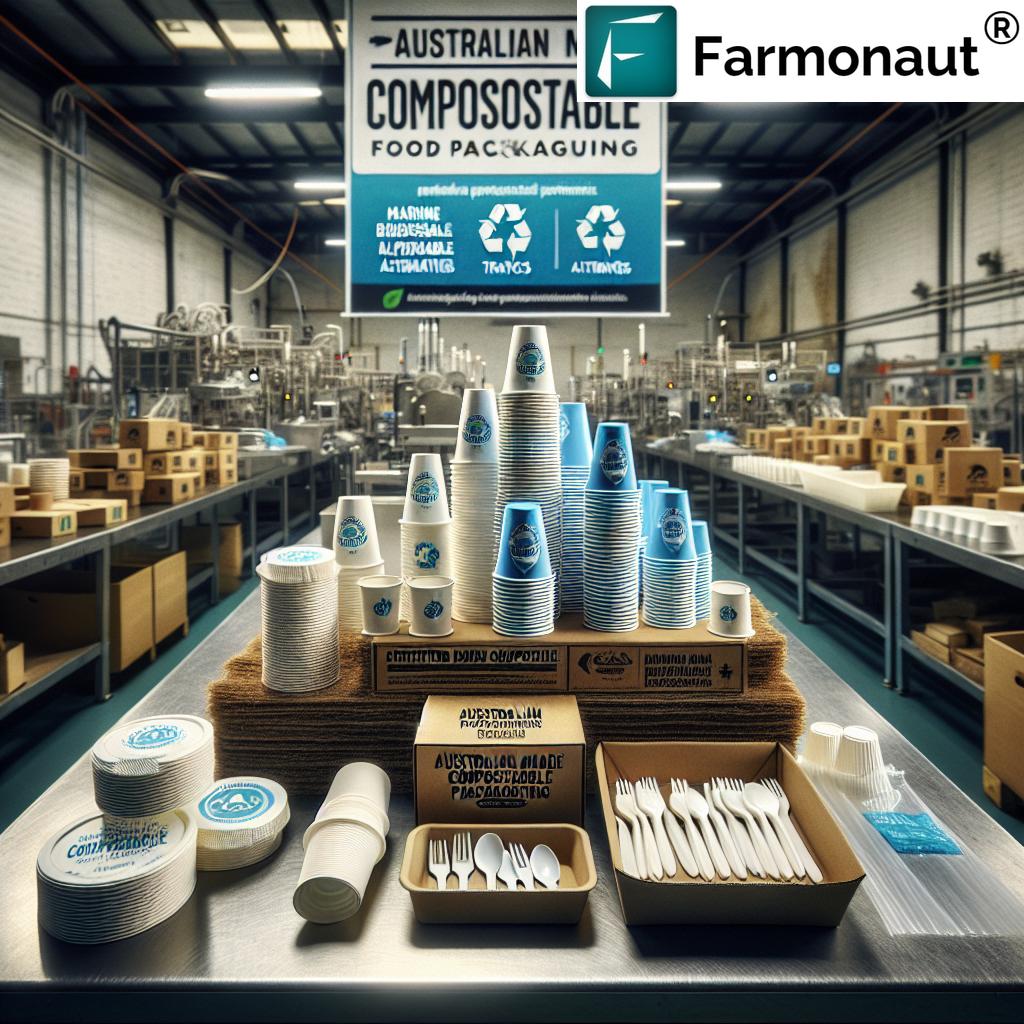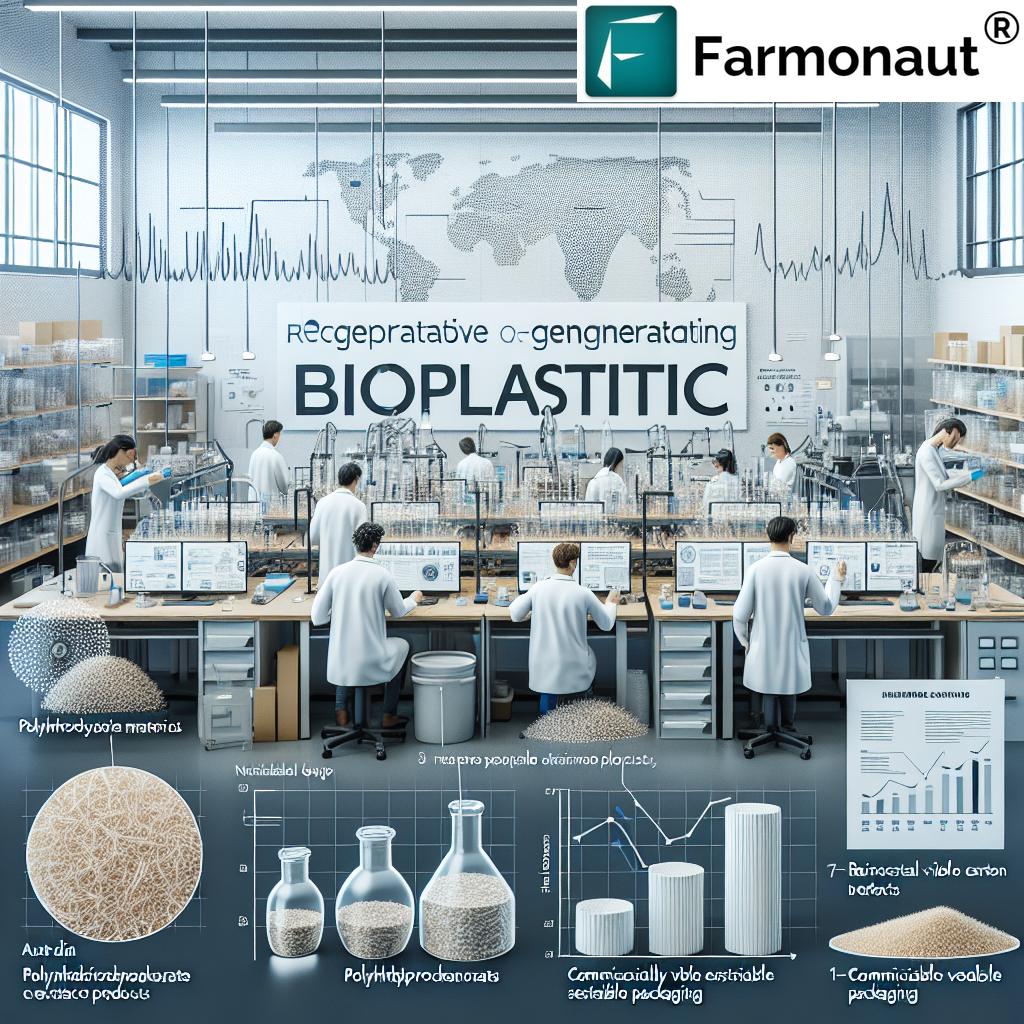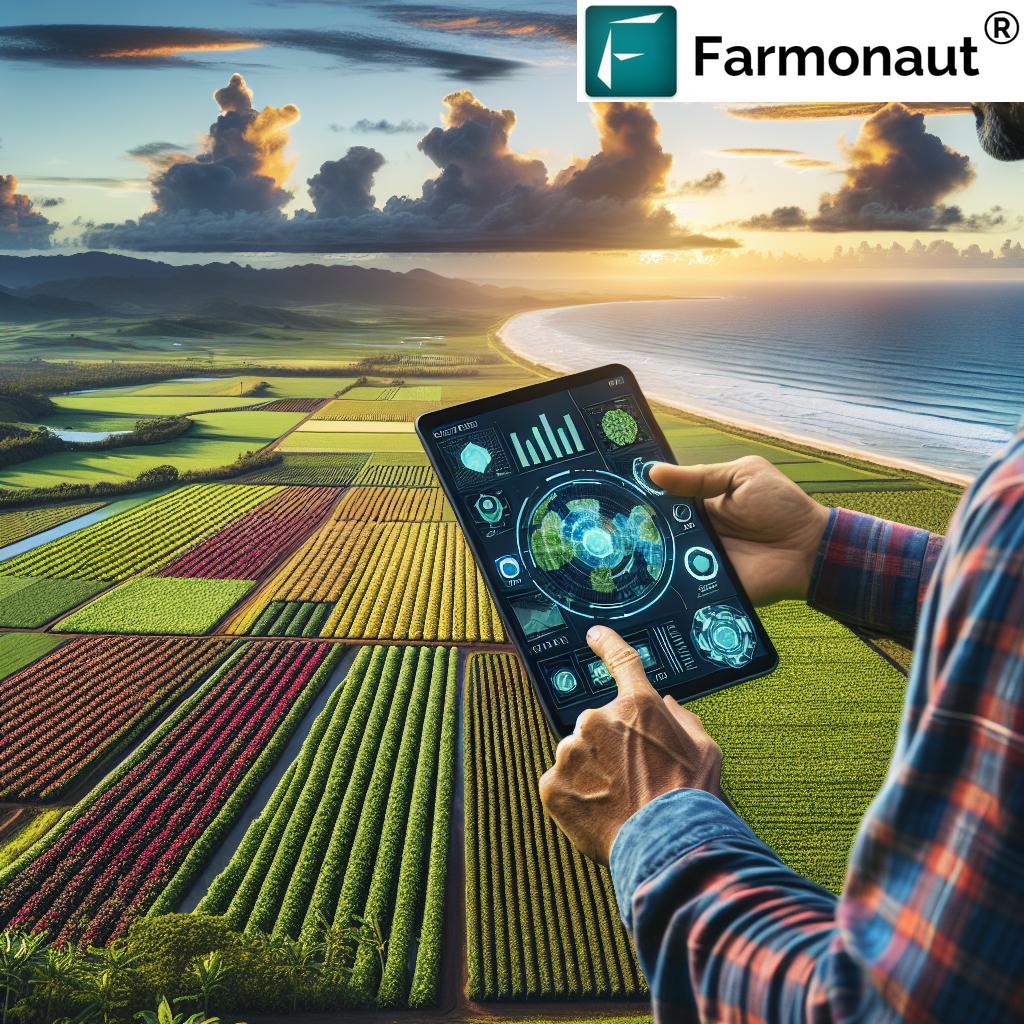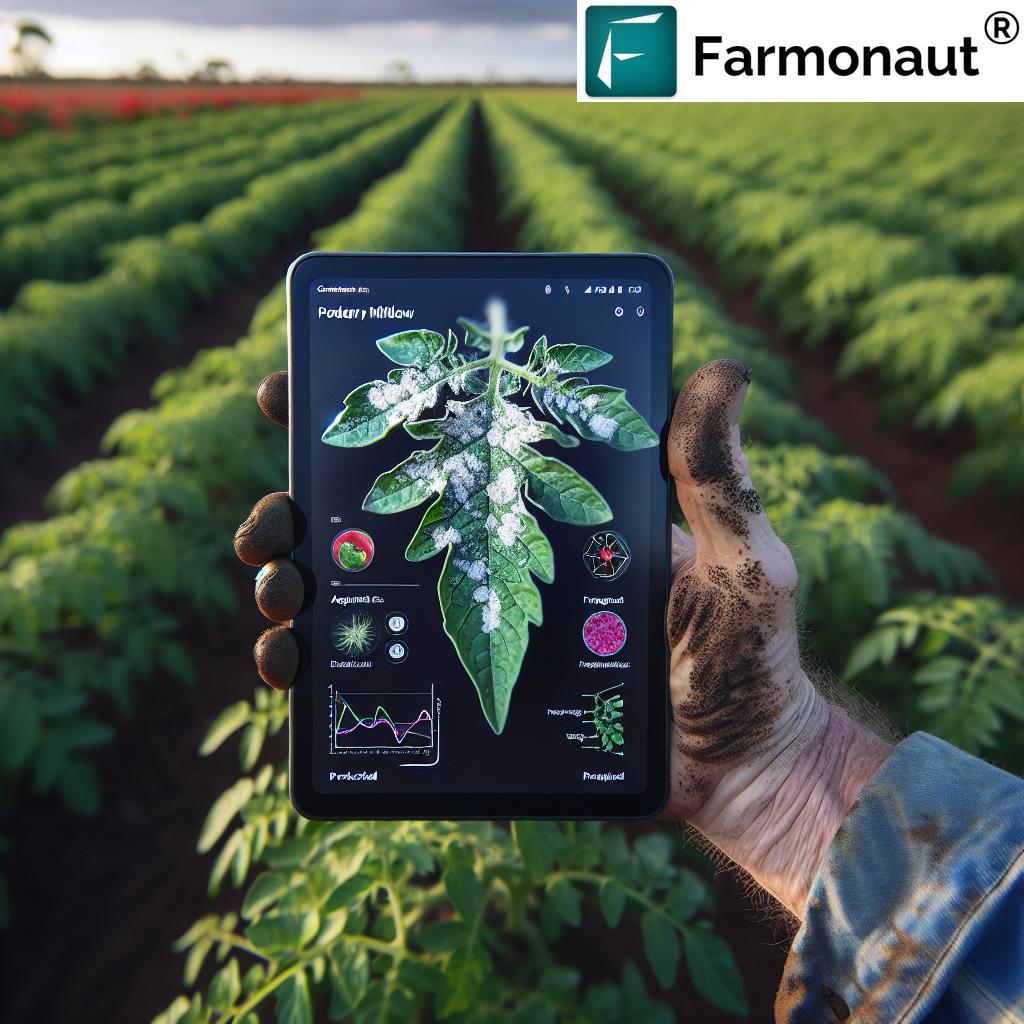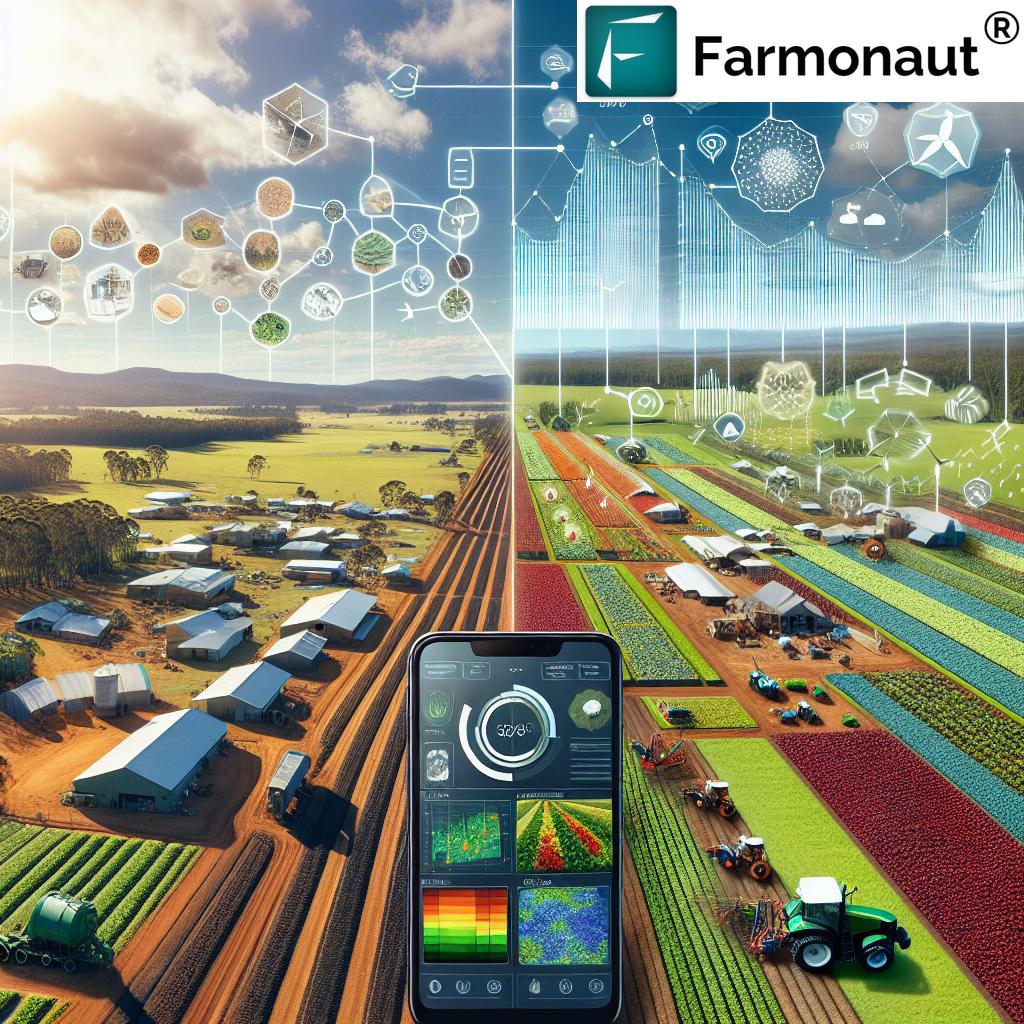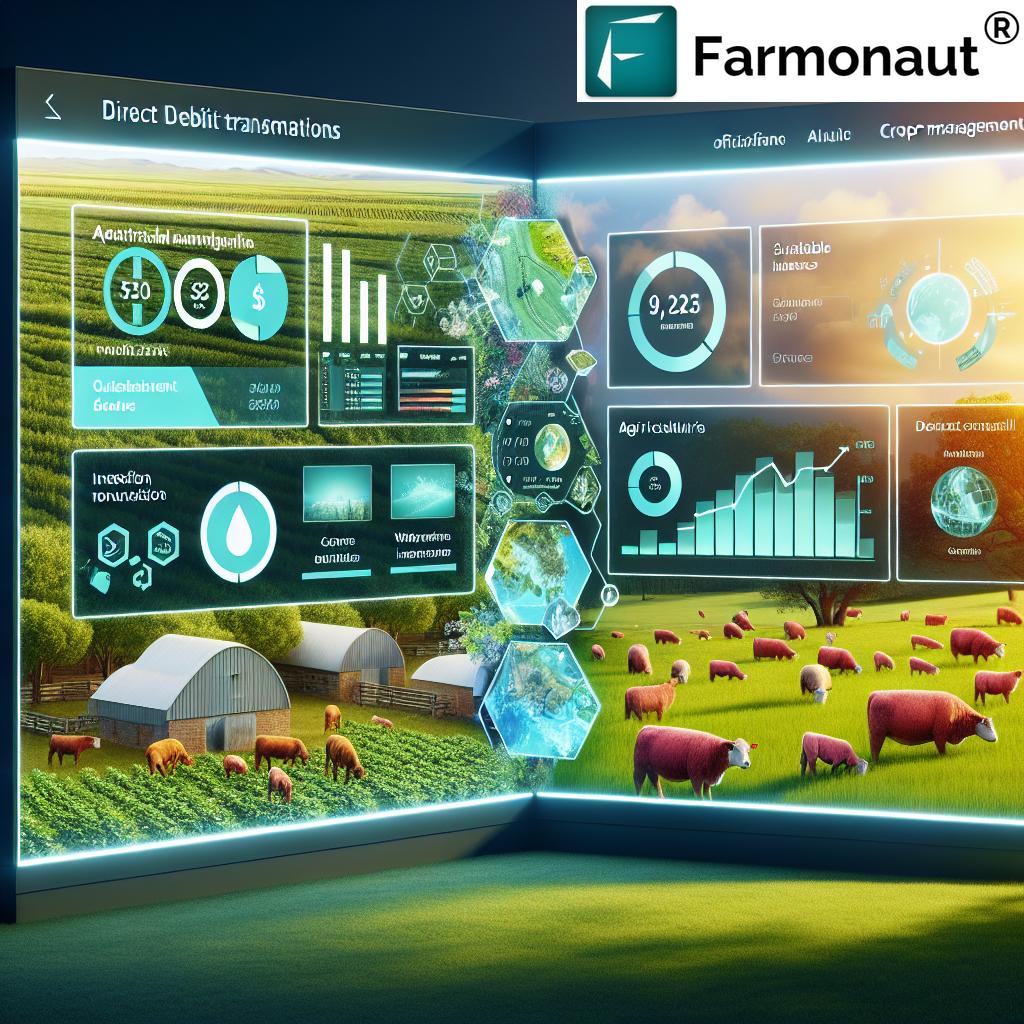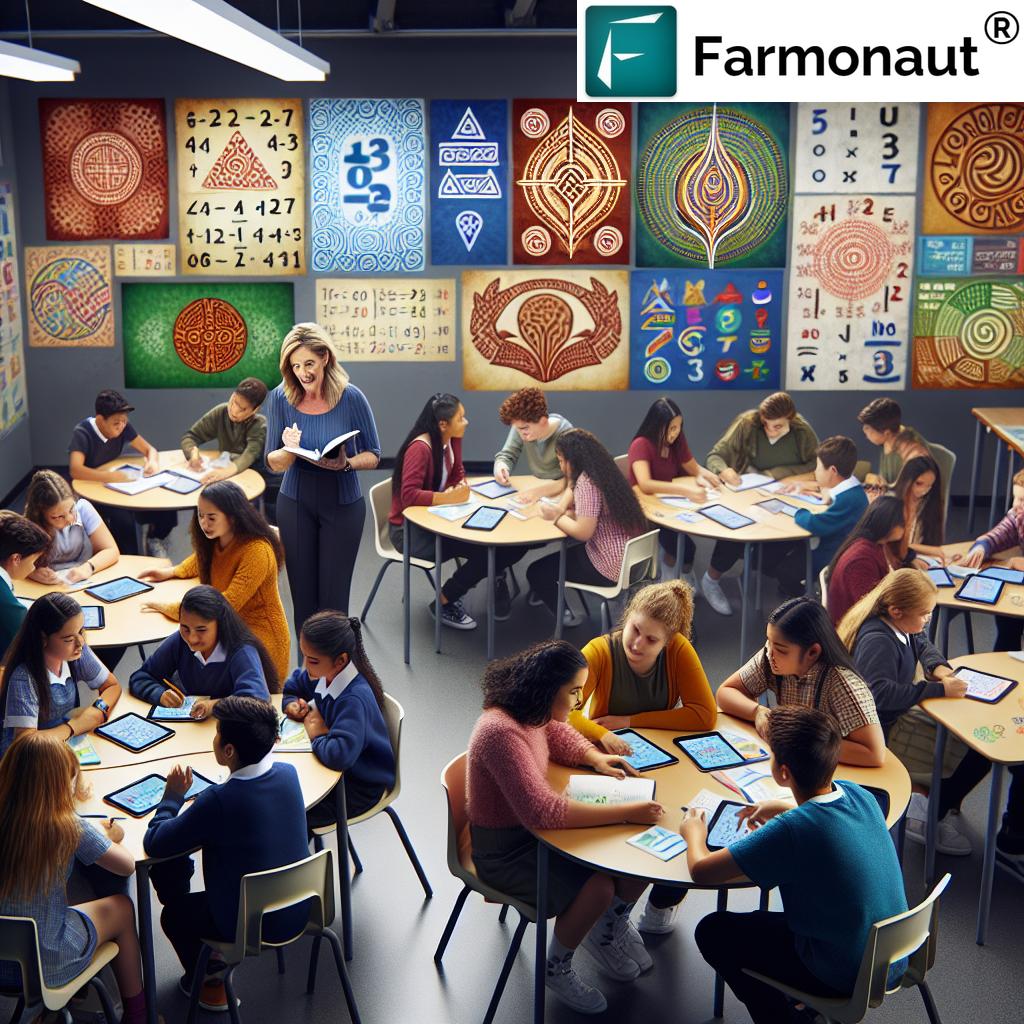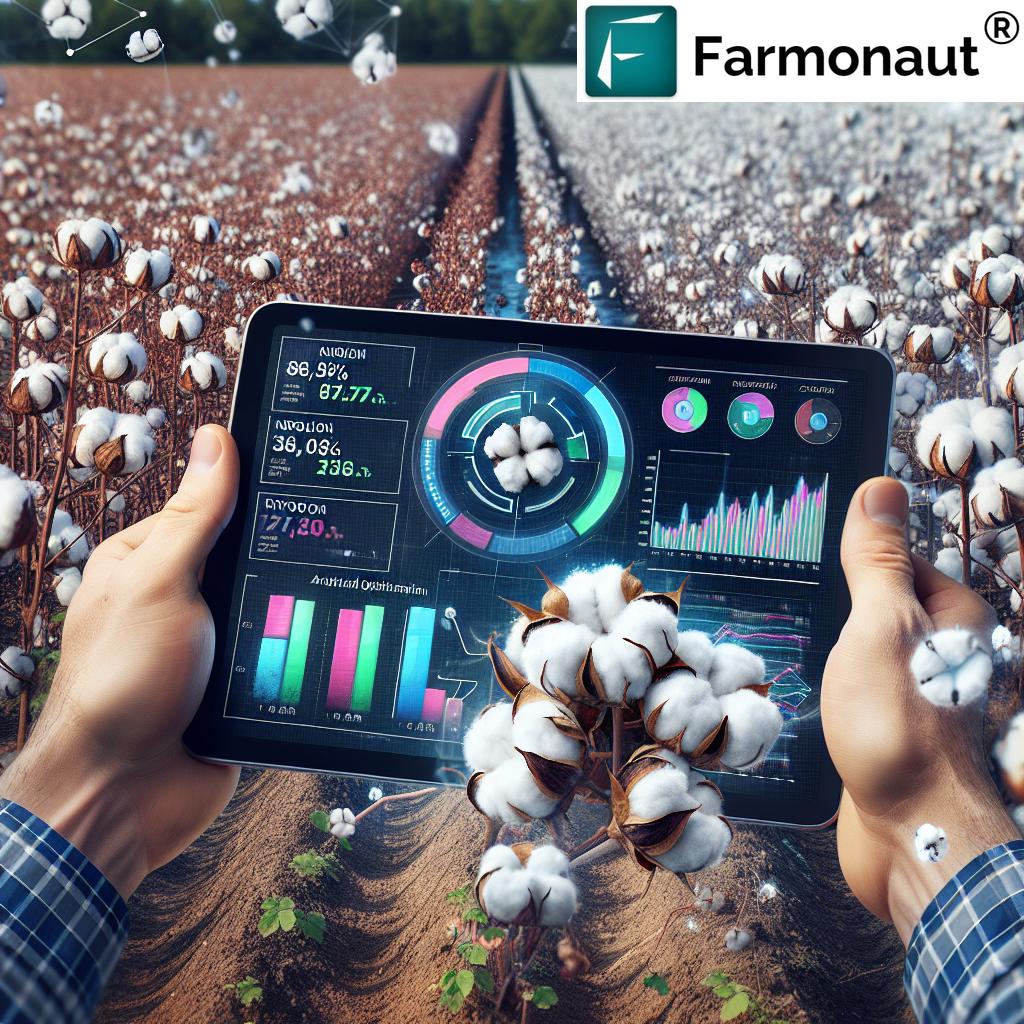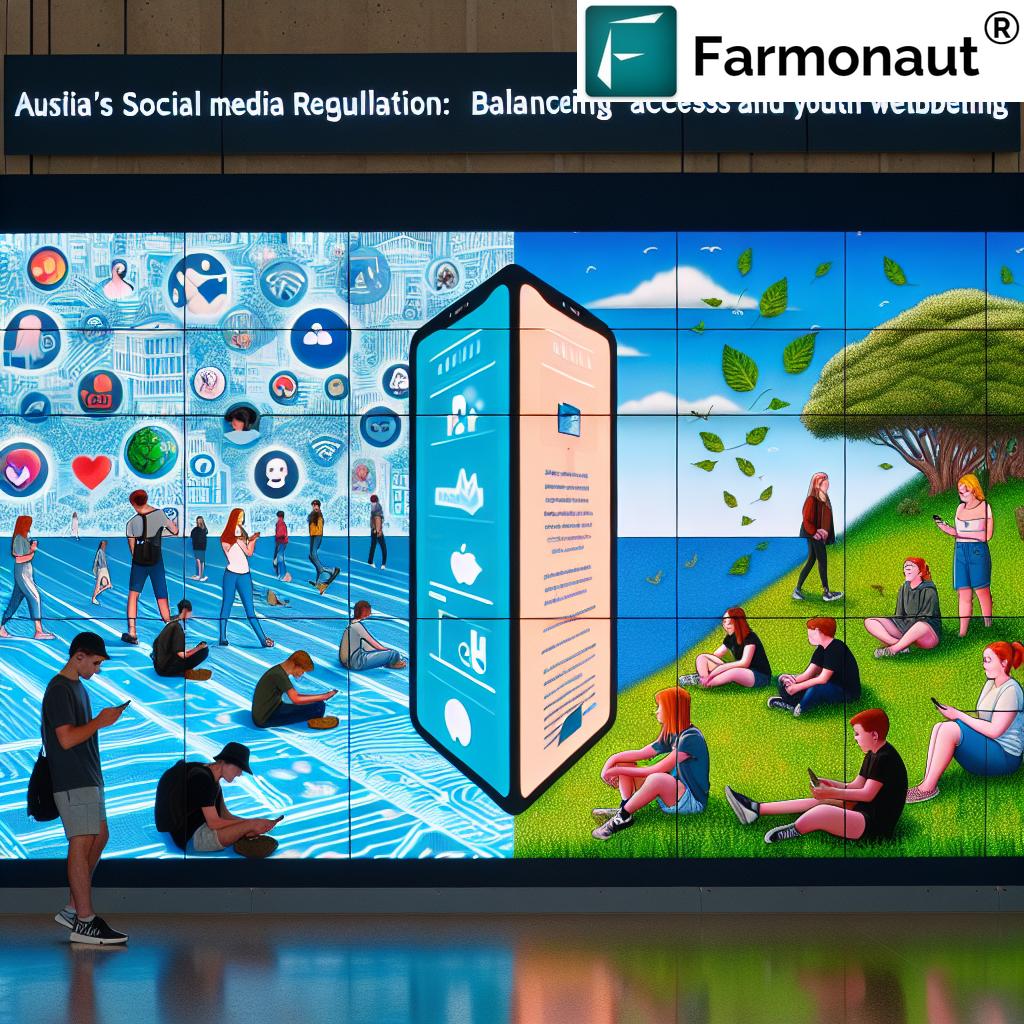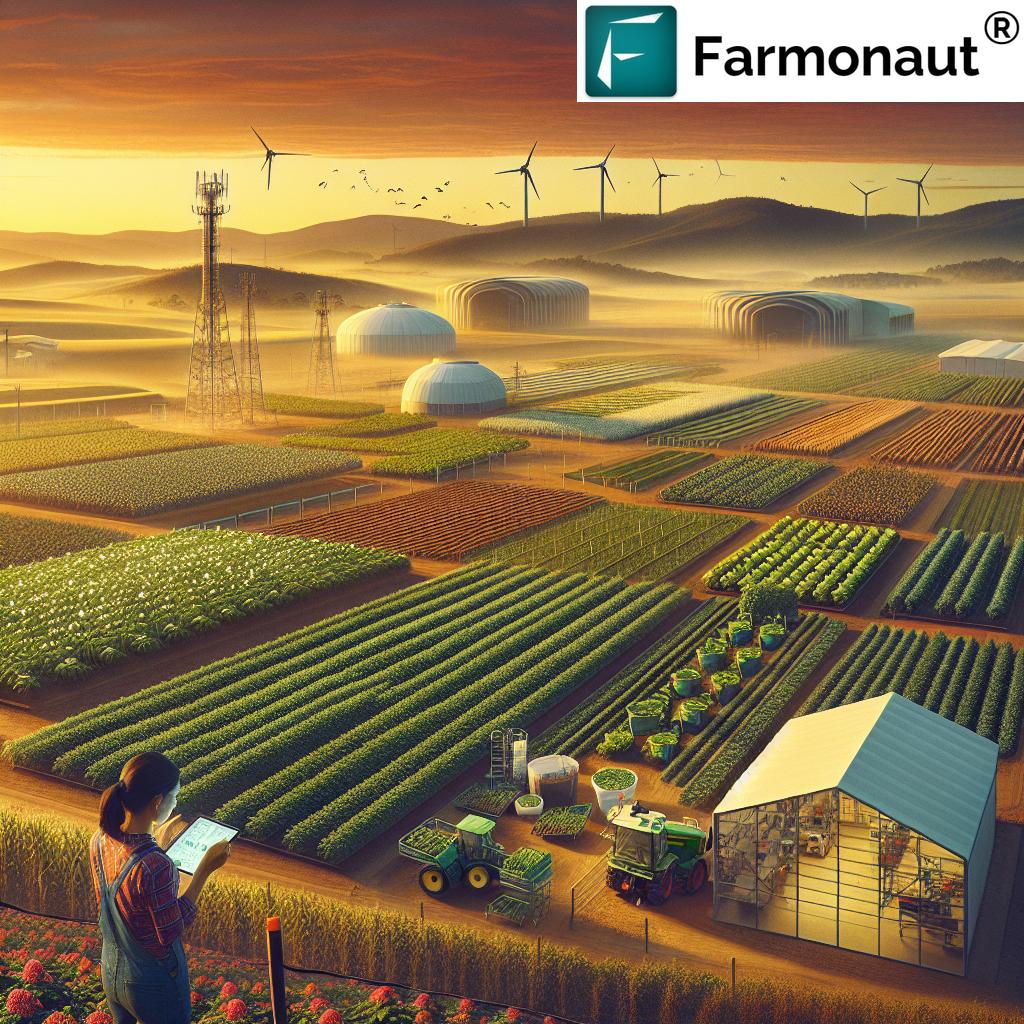Sustainable Packaging Solutions Australia: 7 Breakthrough Innovations
“Australia’s home compostable bioplastics market grew by 23% in 2023, driven by single-use plastic bans and innovation.”
“Over 7 certified sustainable packaging innovations launched in Australia, offering alternatives to traditional plastics in 2024.”
Australia’s Plastic Crisis: Why True Sustainable Solutions Matter
As a nationwide single-use plastic ban sweeps across Australia, the need for sustainable packaging solutions has never been more urgent. While we are witnessing a surge in innovation and industrial reform, the lack of viable, certified, and home compostable alternatives risks undermining our environmental goals. Unregulated substitutes masquerading as “eco-friendly” threaten to saturate the market, offering little environmental benefit and, in some cases, replacing one problem with another.
For Australia to lead the way, we must look beyond the surface and demand proven, certified materials—not just for compliance, but to protect our environment, support local innovation, and foster leadership in the global sustainable packaging market.
This is our opportunity to set a global standard for sustainable packaging solutions Australia—if we make the right choices today.
Sustainable Packaging Solutions Australia: 7 Breakthrough Innovations
In response to the rapidly expanding single-use plastic bans in Australia, a wave of breakthrough innovations in sustainable packaging is unfolding. These solutions go beyond greenwashing, being certified, compostable, marine biodegradable, and commercially viable—setting new benchmarks for responsible packaging, design, and manufacturing. Let’s explore the seven most game-changing alternatives available in the Australian market right now.
1. EcoPHA™ Home Compostable Bioplastics (PHA/PHB)
- Material Type: PHA/PHB bioplastics, derived from regenerative Pongamia oil.
- Key Feature: Only australian made compostable packaging that’s certified for home compostability, marine biodegradation, and AS 5810.
- Environmental Benefits: Fully biodegradable—no microplastics, non-edible source, carbon credits potential.
- Scalable and Innovative: Utilises non-food, regenerative crops; cost-effective; supports local supply and manufacturing.
- Available as: Cups, cutlery, lids, straws, and food service items.
2. Certified Marine Biodegradable Alternatives
- Material Type: PHA & PHA-blend bioplastics
- Certification: Meets marine biodegradability standards (ASTM D7081).
- Environmental Impact: Breaks down safely in marine and soil conditions, avoiding persistent pollution in waterways.
- Use Case: Straws, stirrers, coffee cup lids, food trays.
3. Advanced Paper-Based Solutions with Compostable Coatings
- Material Type: FSC-certified paper with home compostable, non-plastic aqueous coatings.
- Key Feature: Designed for take-away cups, bowls, food wrappers—eliminates traditional PE liners.
- Compostability: Meets AS 5810; verified for home compost conditions.
- Limitation: Not suitable for prolonged liquid contact.
4. Regenerative Bioplastic Materials from Pongamia Oil
- Material Type: Pongamia oil-derived PHB, unique to Australian conditions.
- Key Advantage: Does not compete with food crops, earns carbon credits, supports local farming communities.
- Use Cases: Injection-molded items, flexible packaging, agricultural films.
5. PLA-Free, Plant-Only Containers for Cold and Hot Foods
- Material Type: Plant-based fibers using starch, cellulose, and home compostable binders.
- Certifications: AS 5810 certified, PFAS and PLA-free.
- Suitable For: Food trays, sandwich wedges, meal boxes.
6. Biodegradable Moulded Pulp for Food Service
- Material Type: Australian-made, unbleached sugarcane bagasse.
- Key Benefit: Rapid degradation, industrial and home compostable, water and oil-resistant variants available.
- Use Cases: Plates, clamshells, catering trays.
7. Innovative Edible Packaging Films
- Material Type: Biopolymers made from seaweed, potato starch, plant protein.
- Environmental Impact: Fully consumable, reduces foodservice waste; dissolves safely in marine conditions.
- Applications: Single-serve condiments, food wraps, snack bars.
- Limitation: Niche, limited scalability, best for specific sectors.
These seven innovations advance the landscape for sustainable packaging solutions Australia, meeting the need for commercially viable, environmentally friendly food service products right now while paving the way for future breakthroughs.
Comparative Table: Sustainable Packaging Solutions Features & Performance
| Solution Name | Material Type | Home Compostability | Certification | Biodegradation Time (months) | Plastic Reduction (%) | Cost vs Plastic (%) | AUS Market Available |
|---|---|---|---|---|---|---|---|
| EcoPHA™ PHA Bioplastics | PHA/PHB, Pongamia Oil | Yes | AS 5810 | 3-9 | 95-100% | 49% (lower than palm-based) | Yes |
| Marine Biodegradable Straw/Lids | PHA/PHA Blend | Yes | ASTM D7081 | 6-12 | 90-100% | 60-85% (vs. plastic) | Yes |
| Aqueous-Coated Paperware | Paper, Compostable Coating | Yes | AS 5810 | 2-6 | 60-80% | 95-120% | Yes |
| Pongamia PHB Injection Shapes | Pongamia PHB | Yes | AS 5810 Pending | 3-9 | Up to 100% | 49-65% | Yes |
| PLA-Free Plant-Based Trays | Cellulose, Natural Binders | Yes | AS 5810 | 3-6 | 80-95% | 110-130% | Yes |
| Moulded Pulp Serviceware | Bagasse/Sugarcane | Yes | AS 5810 | 2-4 | 90-100% | 90-110% | Yes |
| Edible Seaweed Packaging | Seaweed Biopolymer | Yes (Edible) | Food Safe, Biodegradable | < 1 | 100% | 120-180% | Yes (limited) |
Deep Dive: How Home Compostable Bioplastics Are Shaping Our Future
At the heart of next generation packaging Australia are technological breakthroughs in home compostable bioplastics, particularly from PHA (polyhydroxyalkanoates) and PHB derived using Pongamia oil. Here’s why this pathway is rewriting the future of sustainable packaging solutions Australia:
- True Circular Economy: PHA/PHB bioplastics are made using renewable, non-edible crops – such as Pongamia – that thrive on marginal land and do not compete with food sources.
- Full Biodegradability: Certified to break down in home compost, soil, marine conditions, and even landfill—with no microplastics or toxic residues left behind.
- Regenerative, Low-Impact Production: Utilization of Pongamia oil not only reduces manufacturing costs by up to 51% vs. palm sources, but also offers access to lucrative carbon credits for ethical production.
- Policy-Proof, Future-Ready: Innovation in australian made compostable packaging ensures our supply is homegrown and less vulnerable to shifting global policies or supply chain instability.
- Immediate Market Readiness: With up to 15,000 metric tonnes of Pongamia oil available annually—Australia’s solution is truly scalable.
Enabling Responsible Packaging with Farmonaut’s Precision Tools
Truly sustainable packaging solutions and regenerative bioplastics thrive when integrated with precise, data-driven agriculture. We understand that upstream environmental responsibility begins at the farm level—optimizing the way we grow, monitor and support crop production for packaging feedstocks.
- Satellite-Based Crop Health Monitoring: Farmonaut offers real-time insights into crop vigour, soil moisture, and environmental stress, maximizing yields for regenerative crops such as Pongamia.
- AI-Powered Advisory: Their Jeevn AI Advisory System delivers personalized strategies, ensuring sustainable irrigation, pest management, and resource use—vital for successful, large-scale bioplastics production.
- Blockchain Traceability: Farmonaut’s traceability module secures ethical sourcing and full transparency in supply chains, so buyers can trust the origin and ecological integrity of compostable feedstocks.
- Carbon Footprinting: Monitor and reduce the environmental impact of large-scale packaging crops—crucial for quantifying the real-world sustainability of new packaging materials.
- Fleet & Resource Management: With Farmonaut’s fleet management, agribusinesses can optimize logistics, cut waste, and scale up sustainable crop deliveries for bioplastic supply.
- Finance and Insurance: Satellite-backed crop verification helps secure loans and insurance for Australian Pongamia growers, making the bioplastic supply chain resilient and creditworthy.
By leveraging these agriculture technology solutions, we enable responsible, scalable production of certified compostable cups and cutlery that start with regenerative, monitored crops and end in real environmental impact.
For Developers: Seamless Integration
Bring real-time agriculture intelligence to your business apps and services via Farmonaut’s robust API and Developer Docs.
Now, sustainable food service brands, packaging suppliers, and environmental consultancies can integrate satellite crop data, weather, and traceability directly into their operations—enabling optimised management from field to final cup.
Explore Farmonaut’s scalable solutions for large-scale farm management and agroforestry advisory, designed specifically for commercial agriculture, government agencies, and innovators in sustainability.
“Australia’s home compostable bioplastics market grew by 23% in 2023, driven by single-use plastic bans and innovation.”
“Over 7 certified sustainable packaging innovations launched in Australia, offering alternatives to traditional plastics in 2024.”
Making the Shift: From Plastic Bans to Next-Gen, Certified Materials
The global movement to ban single-use plastics is a critical milestone, but it’s only the beginning. As government bodies and the wider community navigate the regulatory landscape, we must remain vigilant against unregulated, greenwashed products that undermine genuine progress.
- Certification is Key: Choose only certified compostable cups and cutlery that are AS 5810 or equivalent — resetting the standard for the australian market.
- Material Matters: Insist on marine biodegradable alternatives and PHA/PHB-based solutions to guarantee performance in real-world conditions and resilience in policy shifts.
- Legislation and Local Innovation: The path forward depends on supporting australian made, certified, and proven sustainable packaging solutions that deliver triple-bottom-line outcomes—environmental, social, and economic benefits.
Let’s advocate for policy amendments that recognize science-backed progress, and empower procurement teams, retailers, and food service businesses to lead with solutions that last.
FAQ: Sustainable Packaging Solutions in Australia
What are the requirements for ‘certified compostable’ packaging in Australia?
In Australia, compostable packaging must meet specific standards (such as AS 5810 for home compostability) and be independently verified for safe breakdown in home, marine, and industrial conditions—no microplastics or toxins. Always seek proof of certification before purchasing.
What makes PHA and PHB bioplastics superior to PLA and coated paper?
PHA and PHB are naturally occurring polymers derived from renewable crops (like Pongamia) — they biodegrade fully in a variety of environments including home composting, marine waters, and soil. PLA and most coated papers often require industrial facilities for degradation and may leave microplastics or persistent substances.
Are these next generation packaging Australia solutions available for immediate use?
Yes! Certified australian made compostable packaging—including PHA-based takeaway cups, lids, straws, and cutlery—are available in retail and wholesale quantities for urgent procurement. Look for certifications and local manufacturing assurance.
How can packaging transitions be tracked for carbon and supply chain compliance?
Use blockchain-based traceability tools to log product journeys from field to shelf; carbon footprinting integrations to monitor and report CO2 reductions at every supply stage.
Are alternative materials like seaweed/edible films scalable?
While edible/seaweed films are excellent for certain applications, their mass adoption is limited by material properties and cost. For mainstream packaging (like cups and cutlery), certified home compostable bioplastics (PHA/PHB) remain the most viable large-scale solution in Australia.
Why shouldn’t we rely on imported PLA and greenwashed “eco” materials?
Imported PLA and greenwashed materials may not meet Australian composting or biodegradability standards, contributing to landfill and microplastic proliferation. Choose only locally manufactured, independently certified compostable products that meet AS 5810 or equivalent standards for real-world breakdown.
How is technology supporting the scale-up of sustainable packaging solutions?
Innovations using AI, satellite monitoring, and blockchain traceability enable responsible farming for packaging feedstock crops, transparent supply chains, and measurable environmental impact—ensuring that every compostable cup, lid, or tray is as sustainable as promised.
Conclusion: Leading a Regenerative, Policy-Proof Future
The momentum for sustainable packaging solutions Australia is unstoppable. With home compostable bioplastics made from regenerative materials like Pongamia oil, certified manufacturing, and cutting-edge farm management solutions, we have everything we need to lead globally—commercially, environmentally, and ethically.
The time to support real Australian innovation is now. Let’s move beyond superficial plastic bans and insist on proven, certified, home compostable, and marine biodegradable alternatives for every food service application.
We encourage every stakeholder—business leader, policymaker, procurement manager, and individual consumer—to champion solutions that protect our environment, grow our economy, and set a visionary standard for the world.
Ready to join the future of truly sustainable packaging?
- Choose only certified, Australian made compostable packaging and food service products
- Integrate transparency and carbon tracking with Farmonaut’s traceability and carbon footprinting technologies
- Advocate for regulatory change that recognises and fast-tracks new, science-backed materials
Together, we can deliver the next chapter in environmentally-friendly, commercially-viable, and policy-proof packaging for Australia and the planet.
Summary: EcoPHA & Terra Sol—The Award-Winning Approach Making Plastic Bans Work
At a crucial moment in our sustainability journey, Australia stands poised to lead the way on the global stage. With certified compostable, Australian made, PHA-based solutions already available, we have the opportunity to future-proof our industries, regenerate our environment, and demonstrate that policy and innovation go hand in hand. Let’s move beyond false solutions—and make the right material the standard, for Australia and the world.


